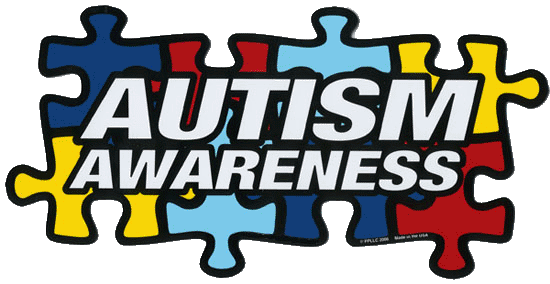People with autism can often be negatively viewed by potential employers. However, they often possess skills that are highly sought after in the workplace. People with autism are conscientious, reliable and pay attention to detail. Many prove to be highly competent at performing repetitive and logical tasks, such as data entry and computer support. Furthermore, many people with autism have special interests which can be harnessed into an employable skill. With appropriate support, people with autism can become valuable employees. In addition, employment helps people with autism to feel valued by society and can give them a wide range of social and psychological benefits.

Many of the same traits that make blending into society difficult have the potential to kick start the successful careers of people with autism. The ability of people with autism to require structure and focus intensely on one thing can prove an asset in the workplace. Office gossip is of no interest to people with autism. However, complicated computer systems that confuse the average worker can often be easily understood by an individual with autism as they frequently have a propensity for attention to detail and logical thinking.
The key to engaging individuals with autism in successful employment is to match them up with careers that suit their specific interests and talents. The sciences are often a recommended career choice for people with autism as attention to detail and adherence to a routine are both critical to a wide range of scientific fields.
Many individuals with autism are talented computer programmers and software engineers. Computer-based work enables individuals with autism to take advantage of their strengths relating to the use of complex systems and numeracy. Working conditions relating to the computer industry are often well-suited to individuals with autism as an employee’s requirement for social interaction is often limited.
Journalism can also be an area in which people with autism can thrive. Although on the surface it seems an unlikely choice, many of the day-to-day tasks of a journalist are well-suited to a person with autism. For example, collecting up facts in an unbiased, organised fashion and setting aside personal emotions is often second nature for them.
A love of repetition is common in individuals with autism, rendering jobs that could appear to be tedious to be suitable for individuals with autism. Assembly line work in the manufacturing industry can be ideal for people with these tendencies.
People with autism for whom social interaction is a challenge may find that working with animals is an ideal employment field. Many people who experience difficulties interacting with people experience no issues working with animals and make good veterinarians, farmers and veterinarian’s assistants.
Since the autism spectrum includes people with a broad range of skill levels and functioning, no single employment field can be selected as the best for an individual with autism to pursue. People with Asperger’s syndrome or high functioning autism are likely to benefit from more employment options in comparison to individuals with more severe ASD. However, the majority of people across the autistic spectrum are highly employable and make skilled and dedicated workers. As autism awareness improves within society, businesses are more likely to possess the knowledge required to realise the potential of autistic individuals in the workplace.
Written by Kat Kraetzer, an experienced blogger working in the health-care industry for many years.

